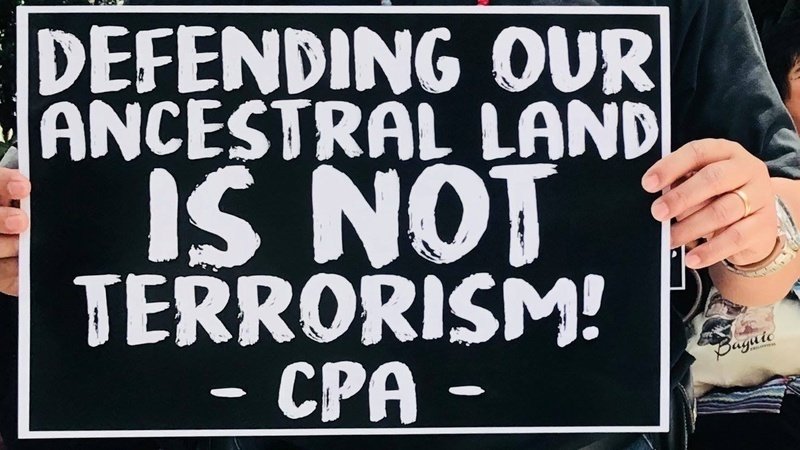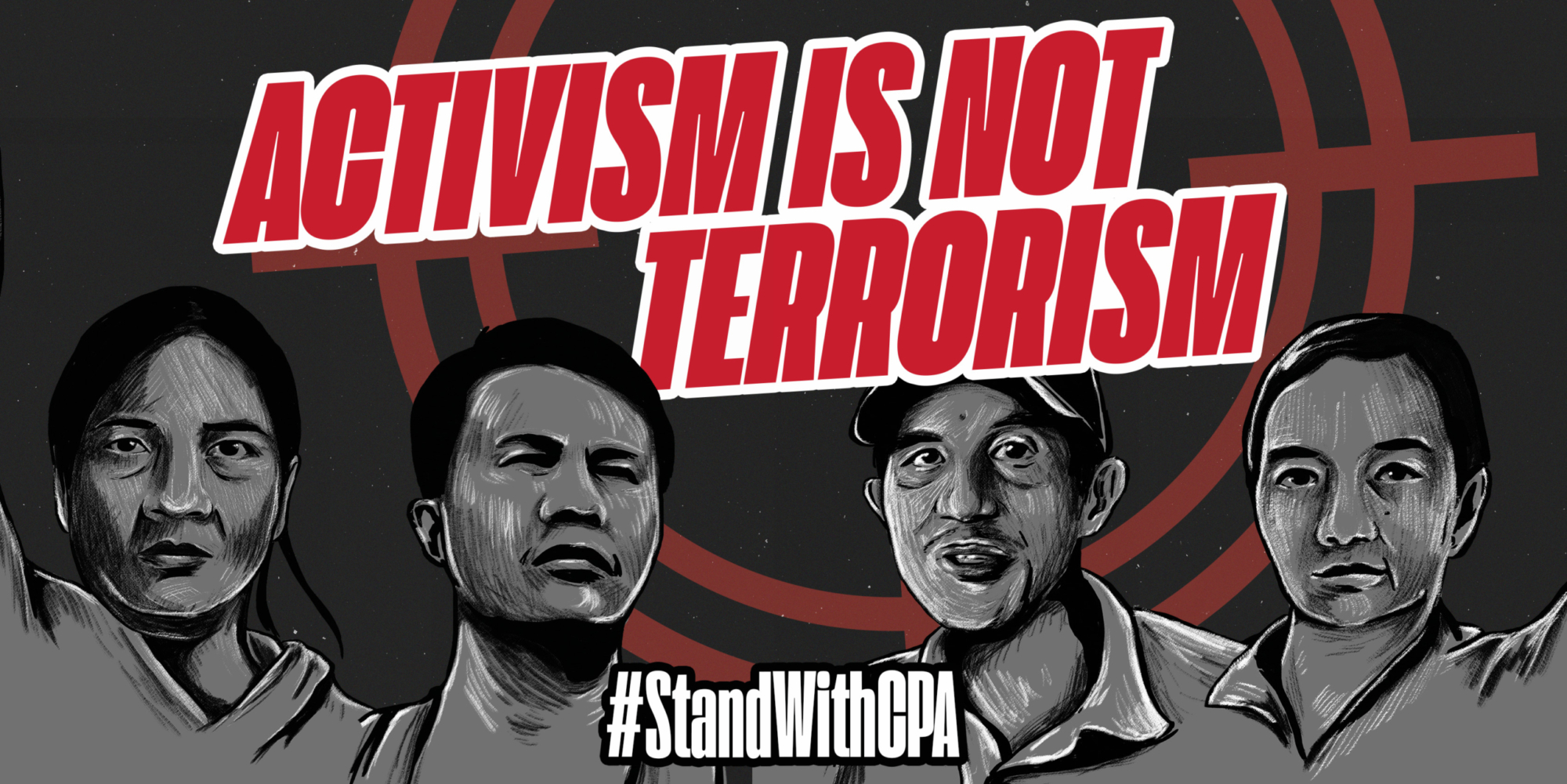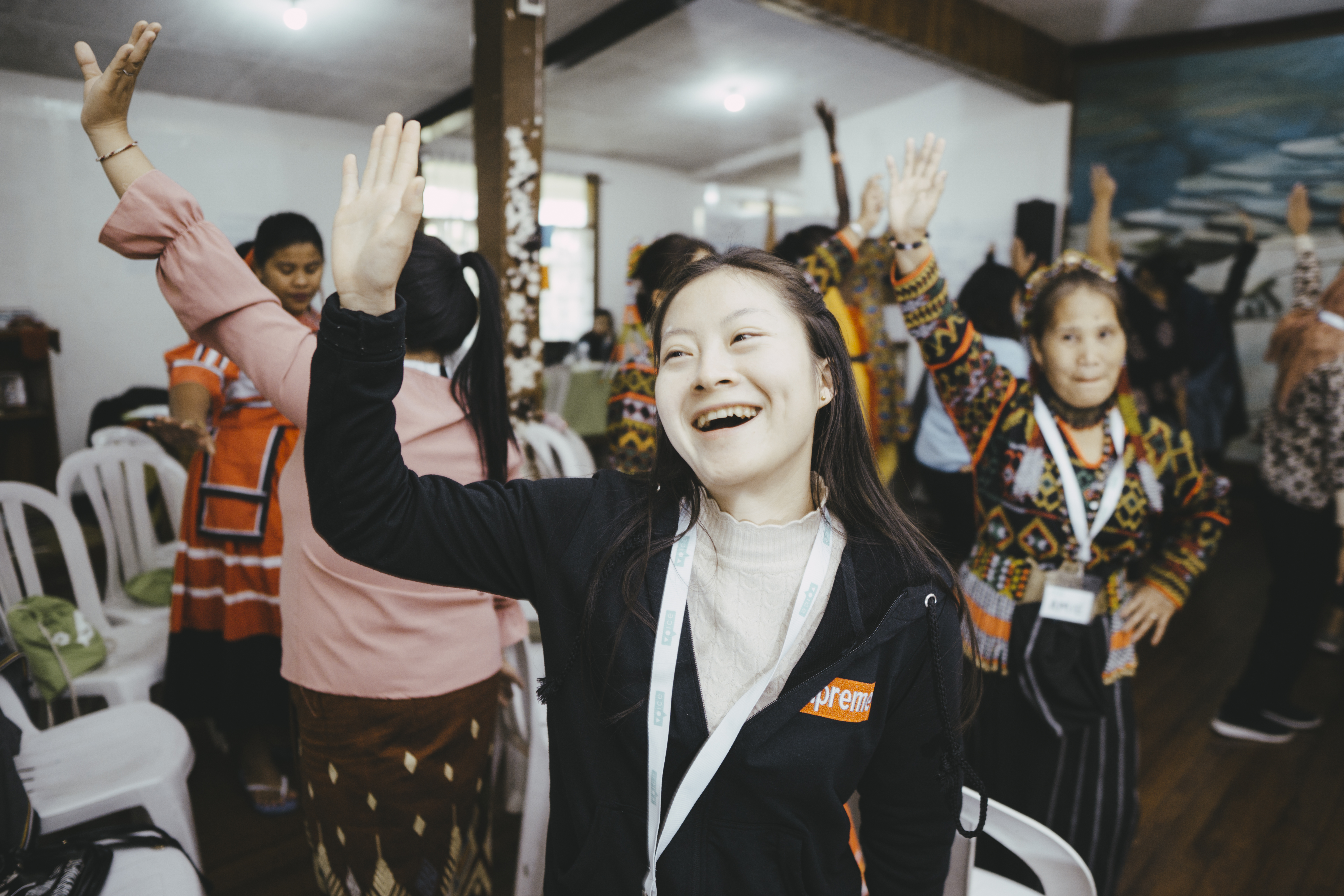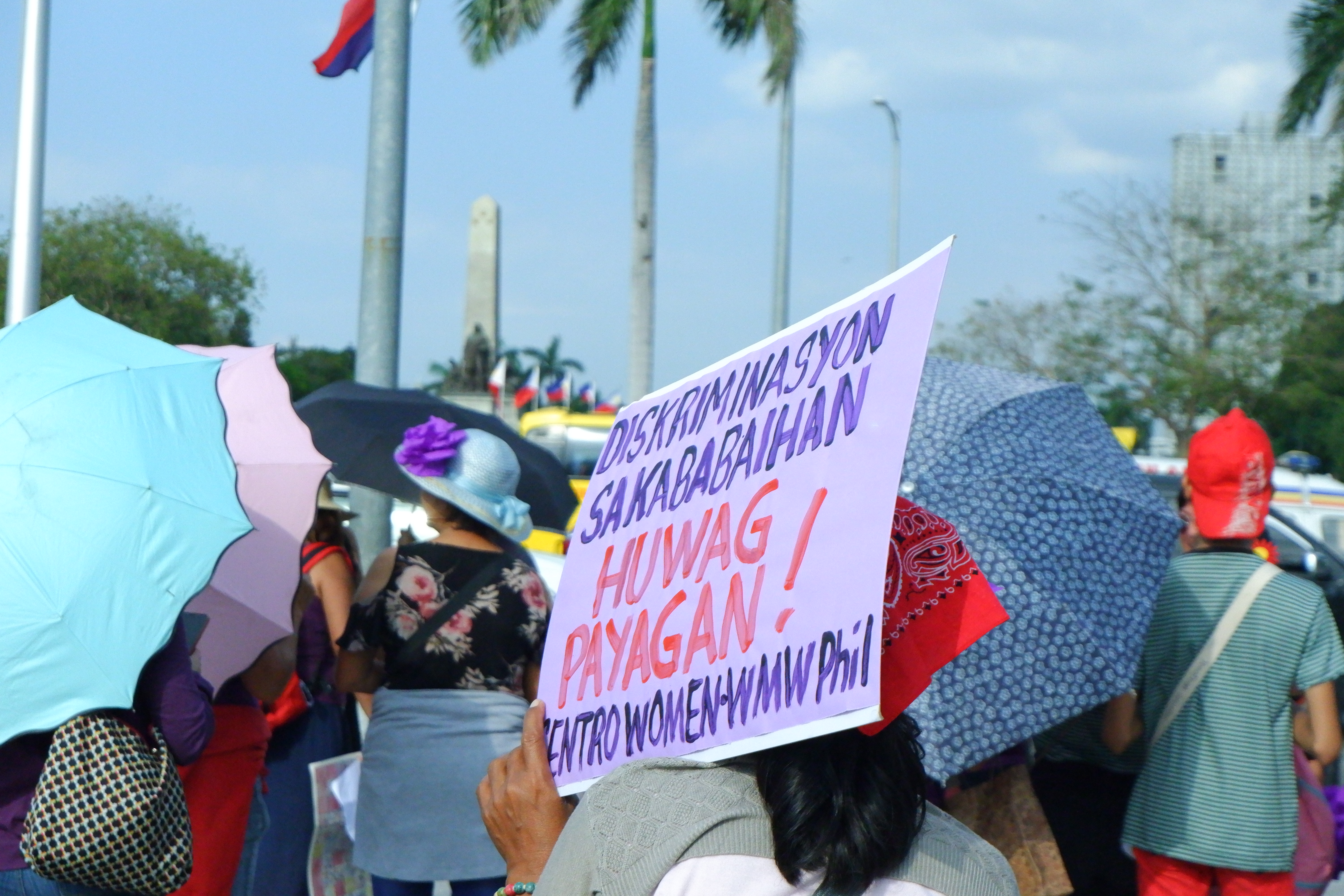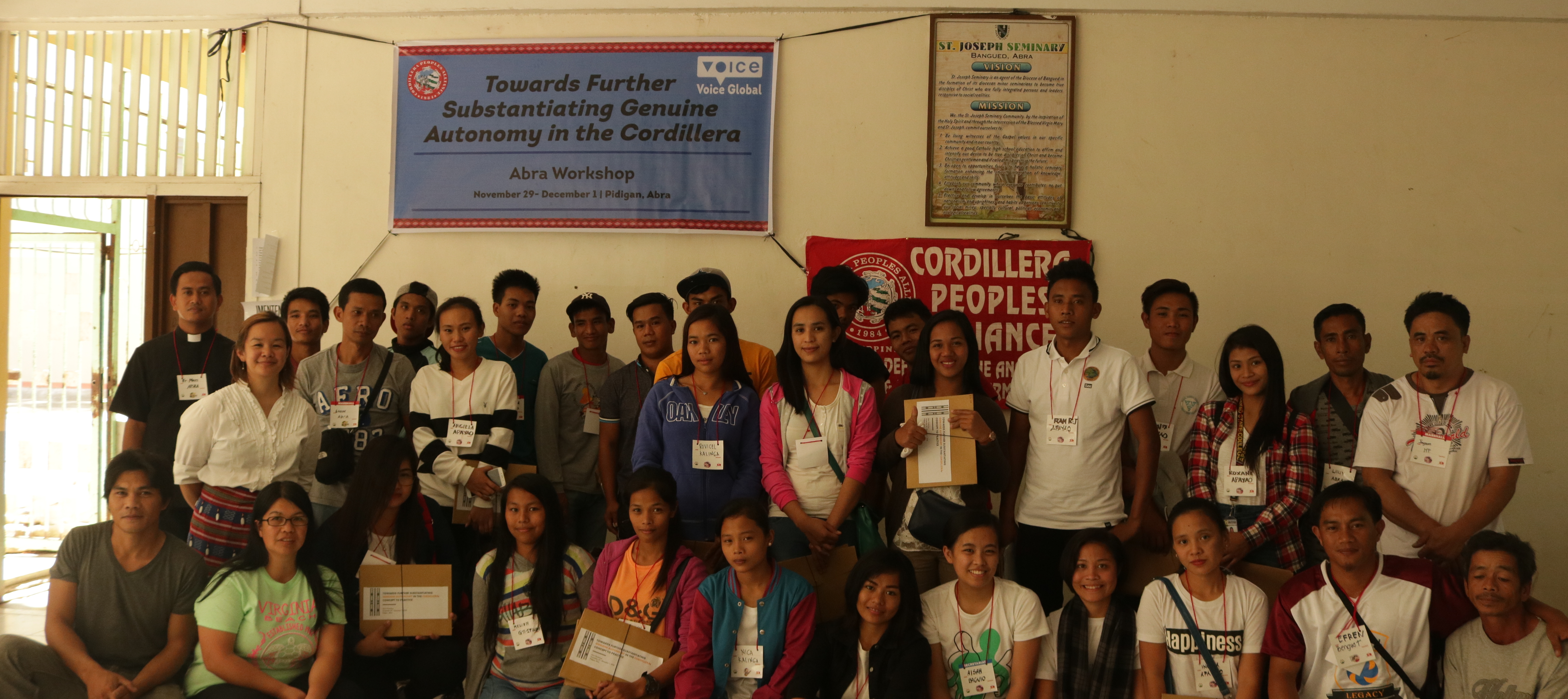Community Organiser, Emerging Woman Leader!
By Rogyn Beyao, Community Organiser of Innabuyog-Kalinga, translated by the Cordillera People’s Alliance
Below is a condensed testimony from a young indigenous woman from Kalinga. She was among the participants of the Provincial Workshop on Genuine Regional Autonomy in Kalinga province, Philippines on March 20-21, 2019. The testimony is translated from Iloko and Filipino.
I am Rogyn Beyao from the Mabaca tribe of Balbalan, Kalinga. I am a community organiser of Innabuyog-Kalinga, a women’s organisation. I was given the chance to be part of the workshop and discussion on Genuine Regional Autonomy, Federalism and Charter Change last March 2019 here in Tabuk City. I can say that I was among the lucky participants because we had the best and brightest speakers/lecturers who presented and discussed the topics well.
As a community organiser, the inputs were of great help to me. I was challenged to deeply understand all the topics so that I can discuss these well in the communities that I work with. During the discussions, I observed that there were many questions—mostly from the farmers but also from the members of the academia and government officials who were present. They were eager to know the position and analysis of the Cordillera People’s Alliance (CPA) an influencing grantee, on genuine Cordillera autonomy, Charter Change, and Federalism.
On my part, I had a firmer grasp of the intentions of the proponents of Charter Change and Federalism. I came to understand that it was far from genuinely improving the lives of the Filipino people in general, including indigenous peoples. It was more of further entrenching themselves (politicians) and dynasties in government positions. Federalism seems to be forced onto the people without them having a full understanding of what it is or what its implications are. There is no public clamour for it, to think that government spent millions for its Information, Education and Communication Material on federalism.
There are essential points on genuine regional autonomy that I took with me from the discussions. I understood that genuine Cordillera autonomy cannot be fully realised if the ruling elite will continue to control politics, the economy, and even culture. Genuine autonomy can be possible if the government will respect our right to self-determination. We should have the prerogative to decide when to and how to use our natural resources in our ancestral domains. In the present, it is our duty as people of Kalinga not to take for granted what our ancestors fought for during the Chico Dam Struggle in the 1970s.
I really feel that the inputs given were very timely for us in Kalinga so that we were informed, and we can now avoid being deceived by proponents of fake or bogus Cordillera autonomy or federalism. I feel that after the activity, participants were more united in our understanding and position on those important topics. I hope that there will be continuing discussions at the community level, especially for the youth, because the discussion on Genuine Regional Autonomy also touches on Cordillera History. I feel that it is important to emphasise the role of the Cordillera people’s movement in conceptualising the regionalisation of the Cordillera and bringing this into fruition because later on, the concept may be co-opted by politicians or by other organisations.
I am happy to share that I was able to discuss the things I Iearned to members of Innabuyog, either informally during group discussions and during Innabuyog-Kalinga meetings.

